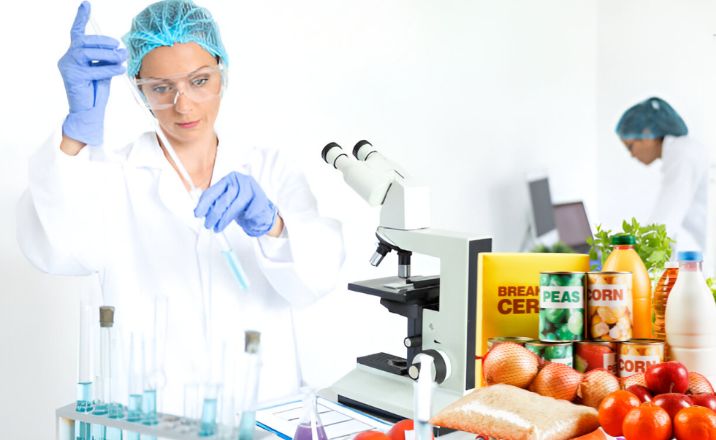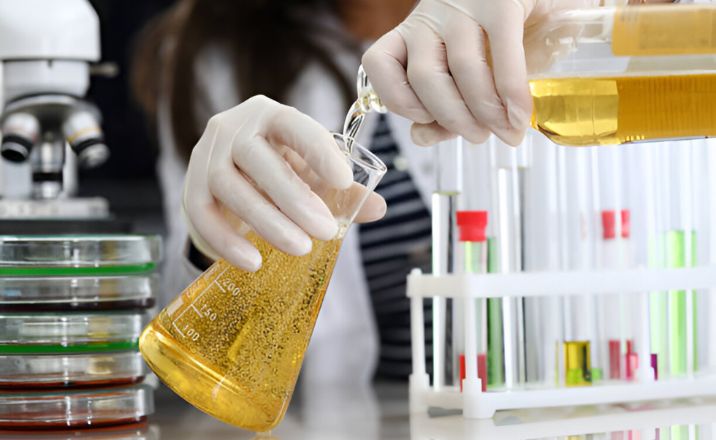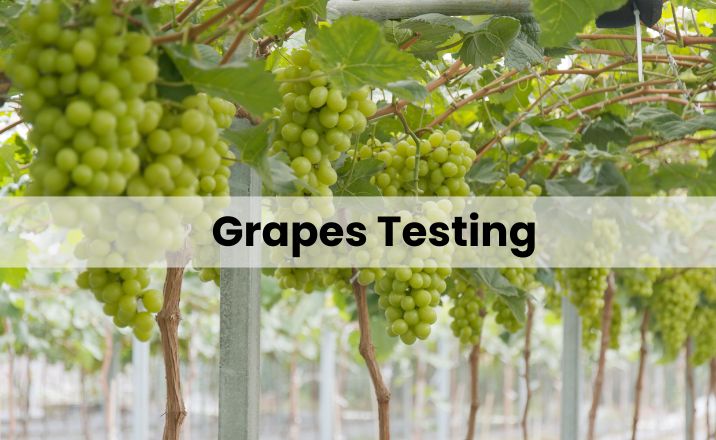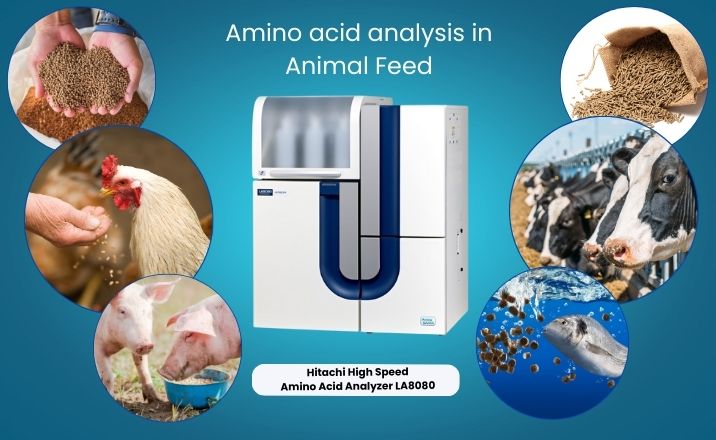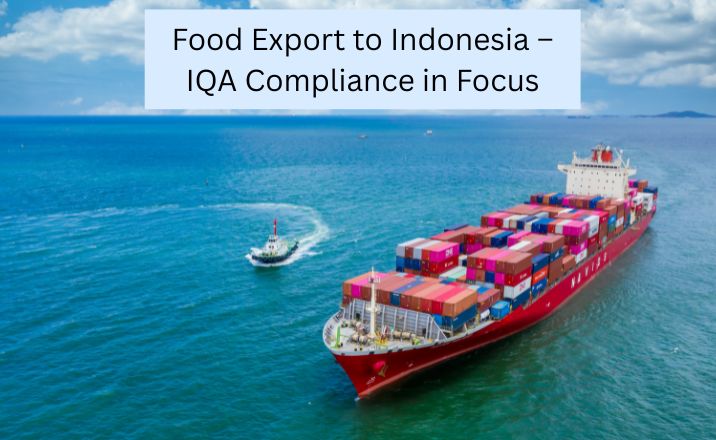Ensuring Food Safety and Quality: The Importance of Shelf Life Testing
In the dynamic and highly competitive food industry, ensuring food product safety, quality, and longevity is essential for maintaining consumer trust and meeting regulatory standards. Food shelf life testing is a critical process that helps manufacturers ascertain the duration for which their products remain safe and high-quality under specific storage conditions.
This process is meticulously structured to guarantee the safety of the food we consume and provide clear information for manufacturers, distributors, and consumers about a product’s lifespan. Conducting systematic evaluations is crucial as it guides informed decision-making throughout the food supply chain, from the initial stages of production to when the product reaches consumers.
What is Food Shelf Life?
Food shelf life refers to the period during which a food product retains its optimum quality and safety. This period varies significantly depending on the type of food, its packaging, storage conditions, and ingredients. Shelf life testing involves a series of scientific evaluations that assess these factors to determine a product’s expiration date.
Why is Food Shelf Life Testing Important?
- Ensuring Safety: It is crucial to prevent foodborne illnesses by ensuring that food remains safe for consumption throughout its shelf life.
- Quality Maintenance: Maintaining the desired sensory qualities, such as taste, texture, and aroma, is essential for consumer satisfaction.
- Regulatory Compliance: Compliance with food safety regulations and industry standards is essential. Shelf life studies ensure accurate expiration dates, protect public health, and provide reliable product information.
- Brand Reputation: Consistently high-quality products build consumer trust and brand loyalty.
- Building Trust: Consistent quality and safety build consumer trust and brand loyalty.
- Reducing Waste: Accurate shelf life predictions can minimize food waste and optimize inventory management.
What are the key factors that affect the shelf life of food products?
- Intrinsic Factors: These are inherent to the food, such as pH, water activity, nutrient content, and natural enzymes.
- Extrinsic Factors: These involve external conditions like temperature, humidity, light exposure, and oxygen levels.
- Packaging: The type of packaging material and its barrier properties significantly impact shelf life by protecting against environmental factors.
- Microbial Growth: The presence and growth of microorganisms can cause spoilage and affect safety and quality.
Types of Food Shelf Life Testing
- Microbiological Testing: Evaluates the presence and growth of microorganisms, including bacteria, yeast, and molds, within food products, which can cause spoilage and decay.
- Chemical Testing: Assesses changes in chemical composition, such as pH measurement, oxidation testing, moisture content, and nutrient levels.
- Accelerated Shelf Life Testing (ASLT): Utilizes elevated conditions such as temperature and humidity to speed up the aging and degradation process, thereby allowing for quicker prediction of shelf life.
- Real-Time Shelf Life Testing: Assesses food quality by continuously monitoring a product stored at consistent conditions, typically room temperature, over an extended period.
- Sensory Evaluation: Uses the senses of sight, smell, taste, and touch to assess the quality of a food product over time.
Regulatory Standards
The FSSAI standards aim to protect consumers from foodborne illnesses and ensure that food products are safe and of high quality. Key aspects include:
- Food products must display a “best before” or “use by” date, indicating when they are expected to remain safe and maintain quality under specified storage conditions.
- If a food product does not have a “best before” or “use by” date, it must be labeled with the date of manufacture.
- Imported food products must have at least 60% of their shelf life at the time of import.
- Measures must be taken by food businesses to prevent food spoilage.
Best Practices for Food Shelf Life Testing
- Controlled Environment: Maintain strict control over environmental conditions during testing to ensure accurate results.
- Comprehensive Testing: For a thorough assessment, combine microbiological, chemical, physical, and sensory tests.
- Regular Monitoring: Conduct periodic testing throughout the shelf life to monitor changes over time.
- Documentation and Traceability: To ensure traceability and compliance, keep detailed records of all tests, conditions, and results.
- Use of Accredited Laboratories: Work with accredited laboratories under ISO/IEC 17025 to ensure the accuracy and reliability of test results.
Why Choose Us?
In today’s competitive food industry, ensuring your product’s safety, quality, and longevity is paramount. At Envirocare Labs, we understand the critical role of accurate shelf-life testing in maintaining consumer trust and meeting regulatory standards.
1. Expertise and Experience
With over 43+ years in the testing and inspection sector, our extensive knowledge and experience ensure precise and reliable shelf life testing.
2. Accreditation and Recognition
We are accredited under ISO/IEC 17025 by NABL and recognized by regulatory bodies like FSSAI and BIS, guaranteeing the highest quality standards.
3. Advanced Facilities and Qualified Team
Equipped with cutting-edge technology and staffed by over 200+ skilled technicians and scientists, ensure meticulous and accurate testing across various disciplines.
4. Comprehensive Scope
With over 20,000+ parameters, we offer tailored and comprehensive shelf-life testing services.

